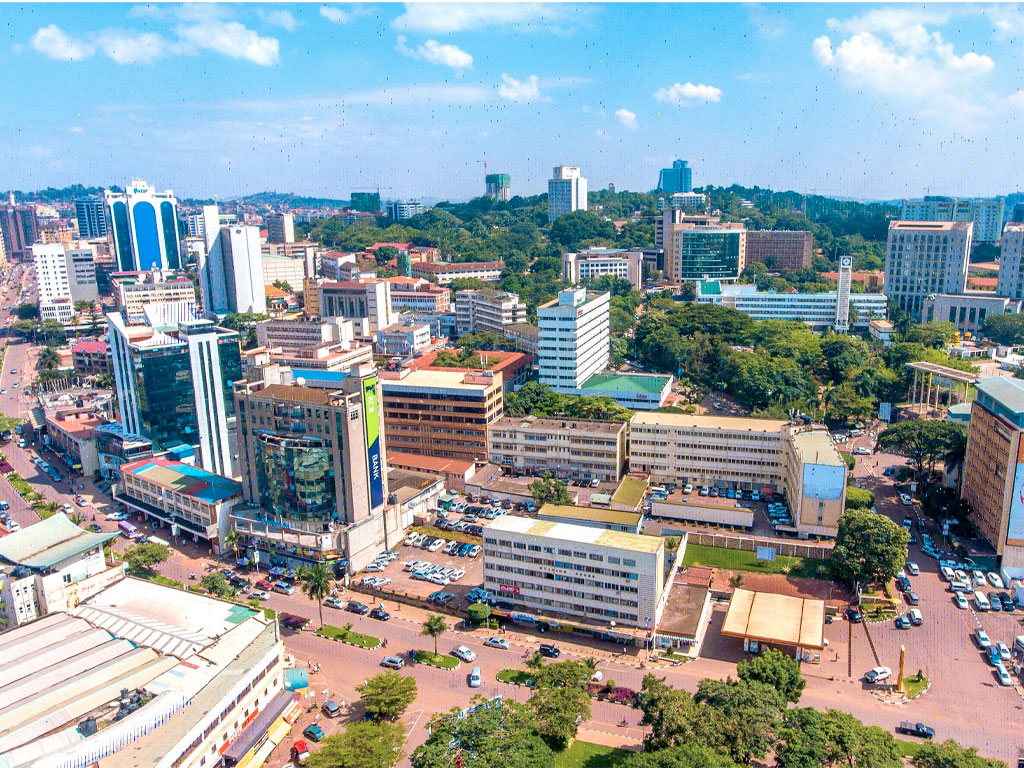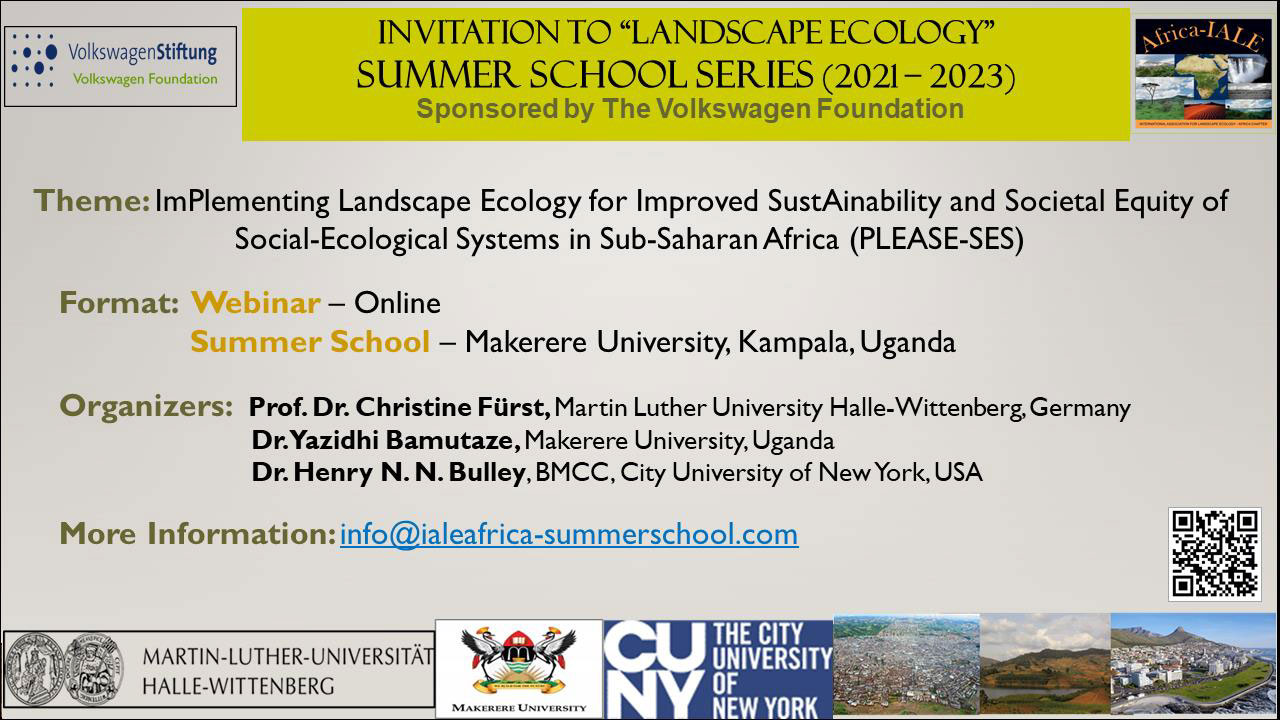
Introduction
Issues of social-ecological sustainability, systems resilience and social equity benefiting from nature´s contributions to people continue to occupy a prominent position in the global development dis-course of tropical regions particularly in Sub Saharan Africa (SSA). The dominant narrative paints a dismal picture in SSA and avers that ecological systems are increasingly undergoing enormous degradation linked to natural and human induced processes with adverse implications on local and regional populations whose livelihoods are strongly dependent on environment and natural resources. Feedbacks through increasing intensity and extent of natural hazards, stagnant or declining agricultural yields, and in consequence increasing migration exemplify the magnitude of current impacts of interwoven natural and societal changes at global scale. These have been accelerated by climate change with new prospections of a 50C global warming instead of only 1.50C as intended. Increasing climate variability and tremendous demographic changes jeopardize sustainable development and undermine the suitability of current policy, planning and governance approaches to manage them successfully. A strong desire exists in addressing these issues as seen in the tenets of the Global Development Agenda 2030 and the Africa Union Agenda 2063. Landscape ecology principles provide a framework for sustainable land use planning and natural resource management. Landscape Ecology as an interdisciplinary marriage between geography, biology, ecology and social sciences provides a valid scientific foundation to harness the role of biodiversity for a sustainable livelihood and suggest adequate governance instruments to achieve the SDGs. The VW-summer school series intends to train participants on the knowledge and skills of how landscape ecology can contribute to improve the status of achieving the SDGs and the AU Agenda 2063 objectives. The summer school will entail joint engagement of scientists and practitioners from urban, regional and national planning as well as from governmental institutions who are engaged in socio-ecological system development from multiple perspectives.

2. Target group
Each summer school is planned for about 30 participants to be selected from African countries and Germany. The summer school will be a mixture of early career and young scientists as well as established scholars and input providers from practice, such as policy makers/representatives of governmental institutions preparing and implementing environmental policies, planners, actors from business and economy and local knowledge holders. For the young scientists, the focus will be on PhD and postdoctoral students from African and German institutions.
3. Mode of Summer School II****
The 1st summer school will consist of three webinars and a physical meeting which will take place in Uganda in July 2022. The webinars will cover the theoretical underpinning of landscape ecology with a view bringing all the participants to the same level of understanding of landscape ecology and its principles. The place and space of landscape ecology in the global development agenda 2030 will be explained and discussed.
- Webinar 1: May 2022
- Webinar 2: June 2022
- Physical meeting (Kampala, Uganda): 18 -24 July 2022 ****Note:
All sessions of Webinar and physical meeting will be recorded.
4. Requirements
- Be a PhD student, Postdoctoral student or early career scientist from based in Sub Saharan Africa or Germany. Landscape ecology scientists from Sub Saharan Africa may also be considered
- Consistently participate in all planned webinar series
- Motivation and interest in Landscape Ecology, Cities and Urban Ecological Resilience
- Brief CV (Maximum 2 pages)
5. Application Procedure and Deadline
Applications to participate in the first summer school should be submitted online at vwsummerschool.mak.ac.ug. The application deadline is April 22, 2022.
Selected applicants will be required to attend Webinars during which time final selection will be made.
6. Funding
The summer school series are fully funded by the Volkswagen Foundation, which will cover costs for travel, accommodation, Visa and meals physical meeting in Kampala in July 2022.
7. Contacts
More information about the summer school can be obtained from the website (www.vwsummerschool.mak.ac.ug) or by sending an email to: info@vwsummerschool.mak.ac.ug
